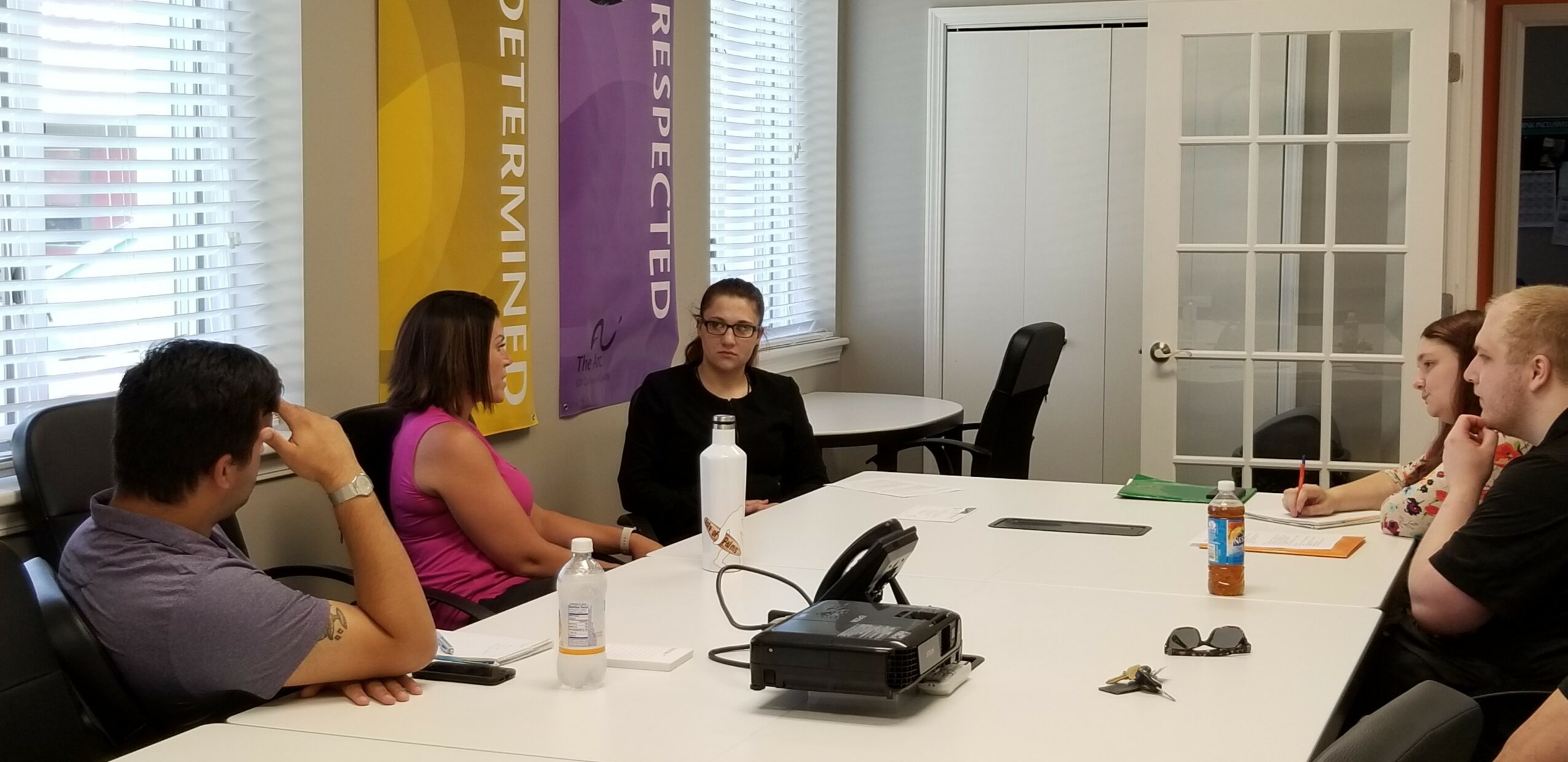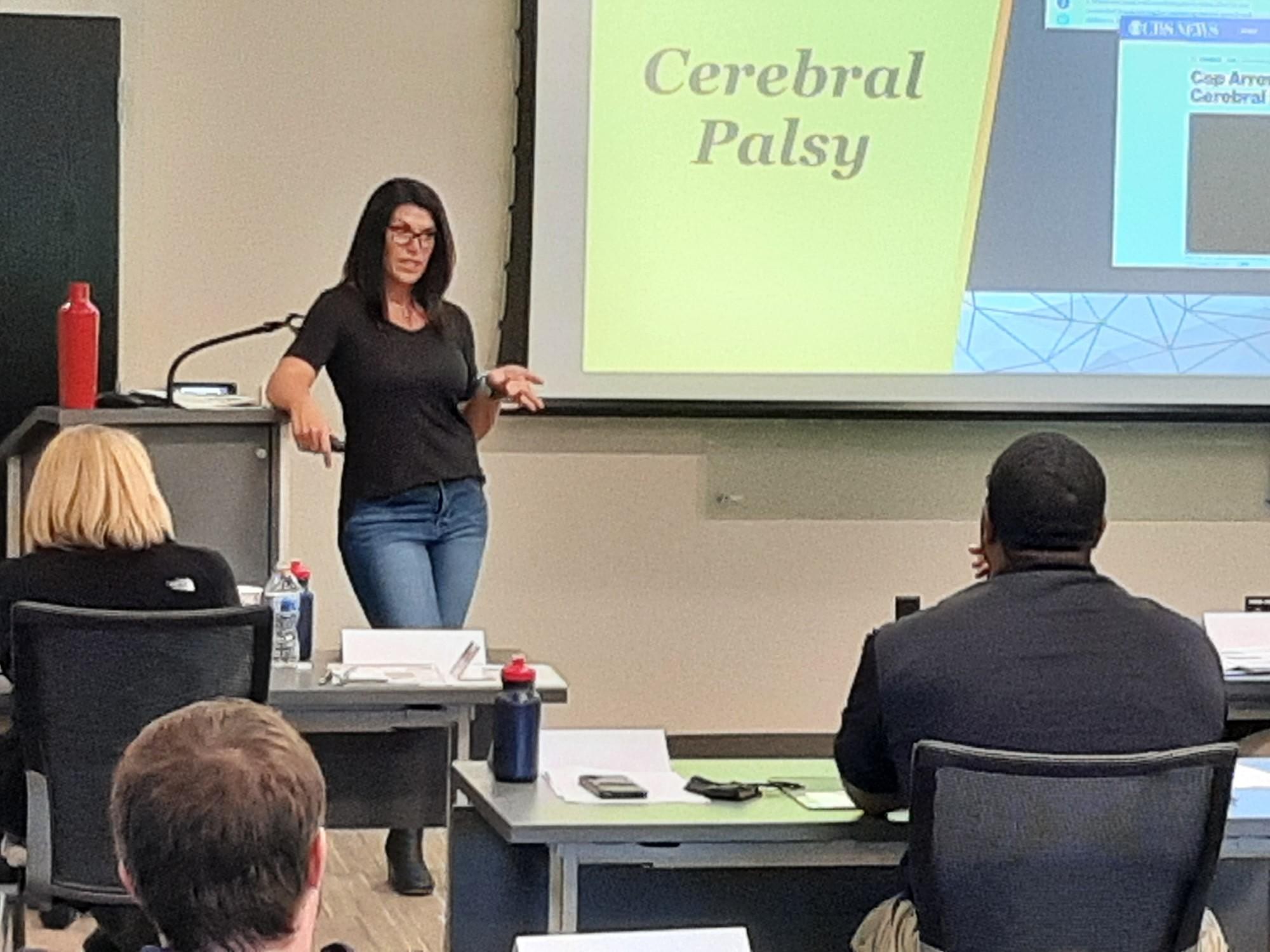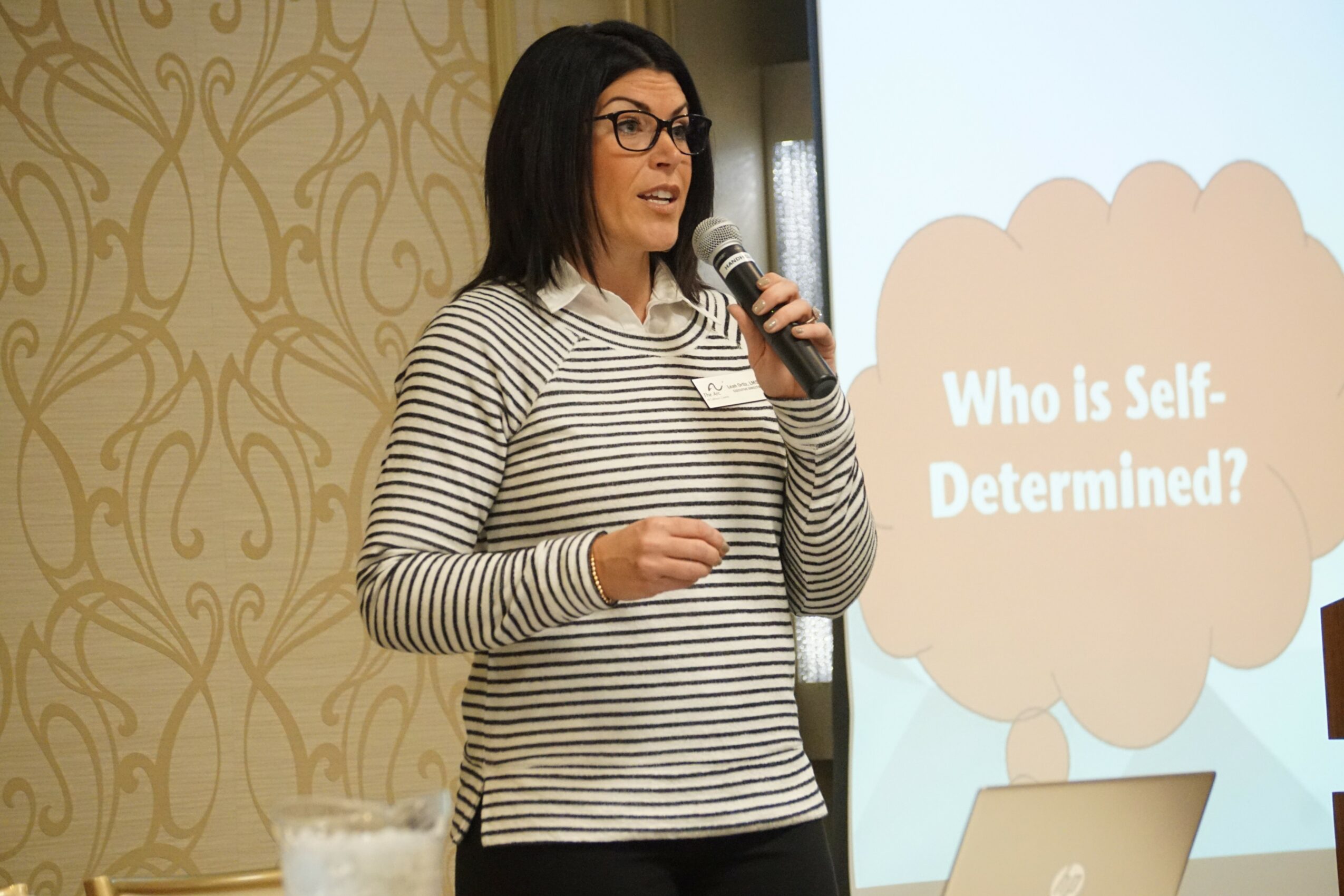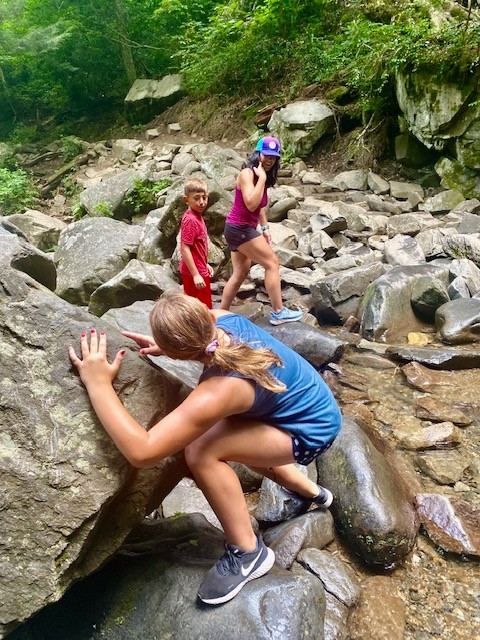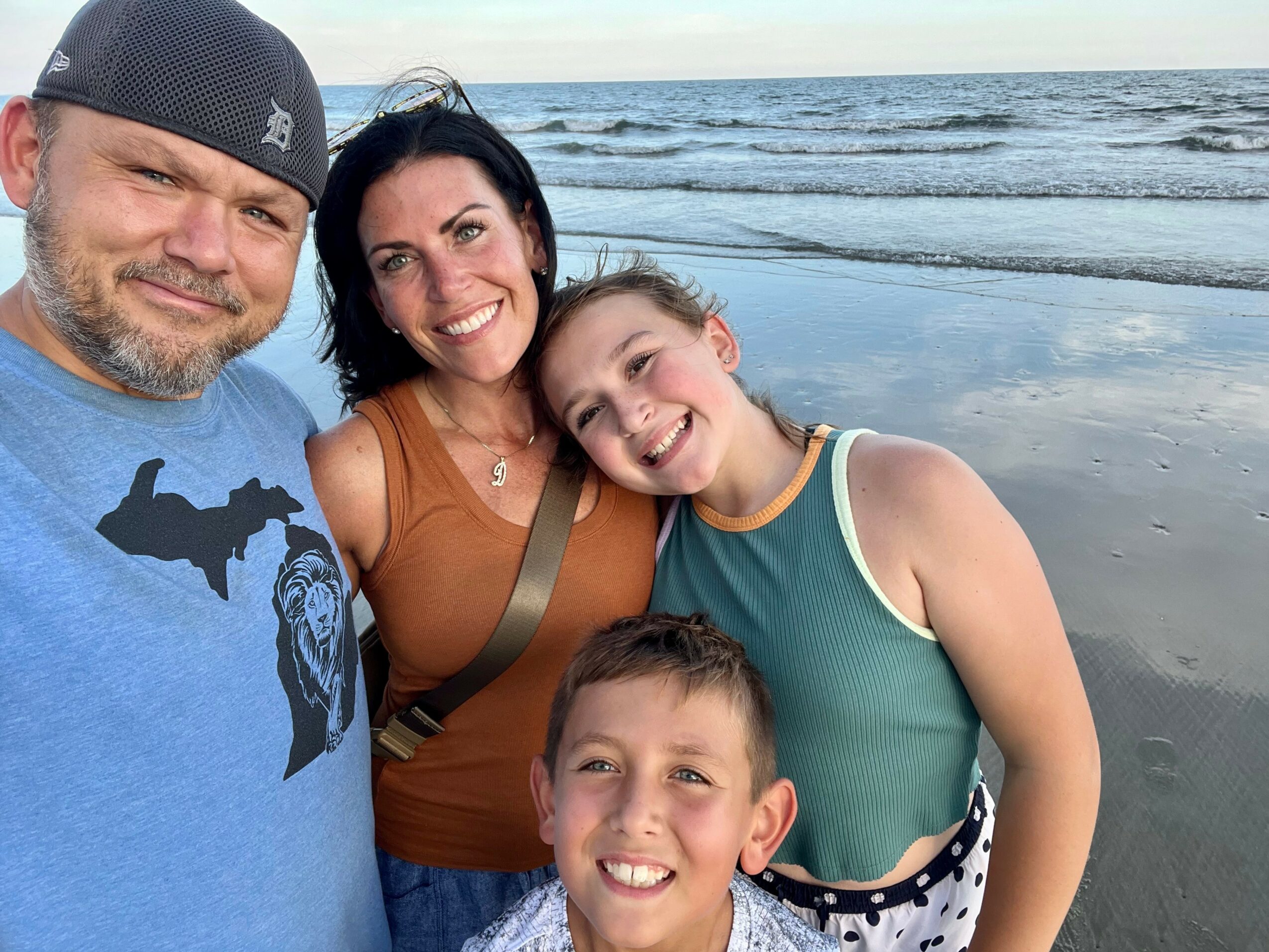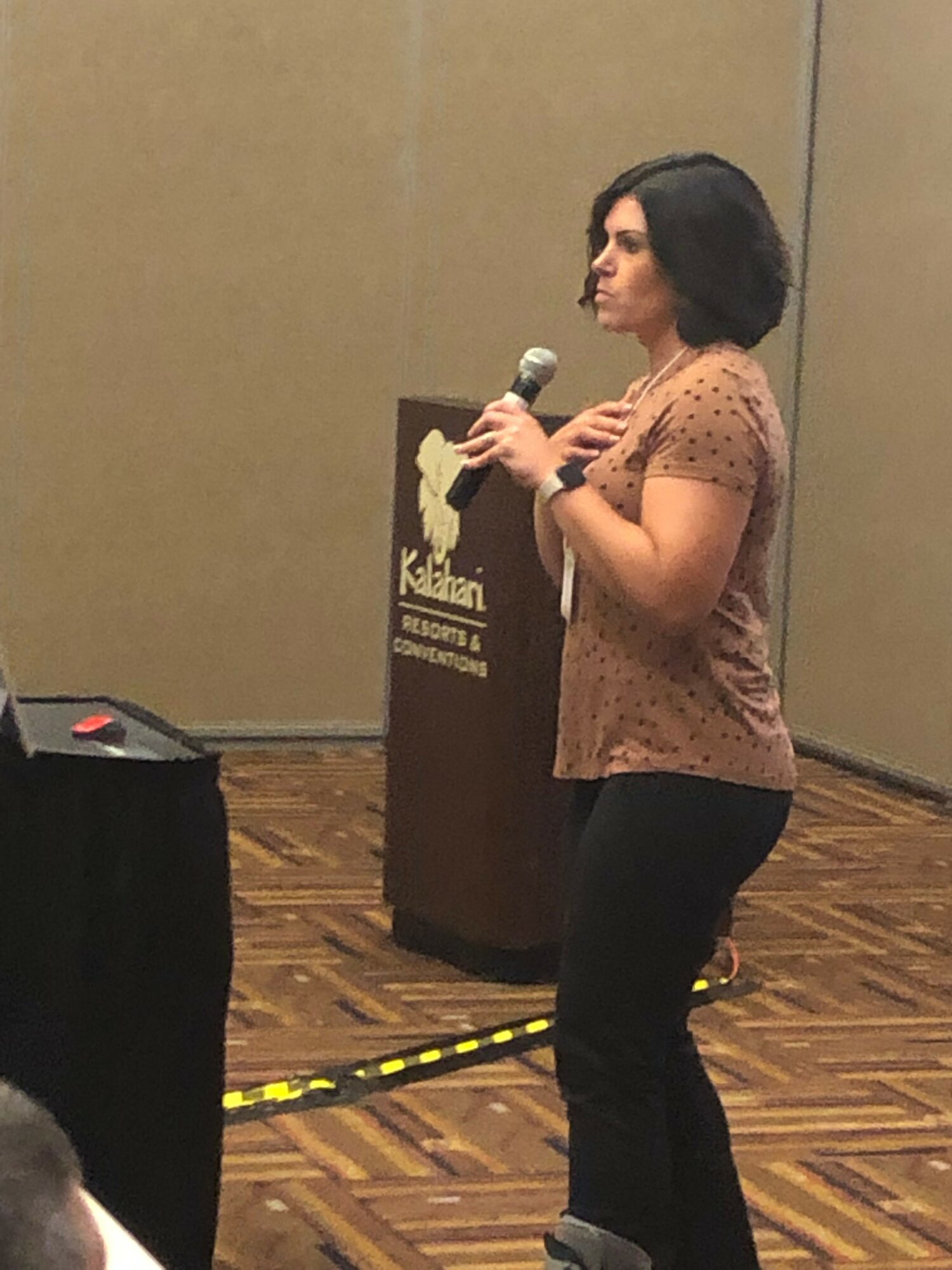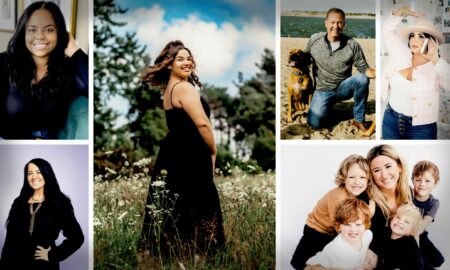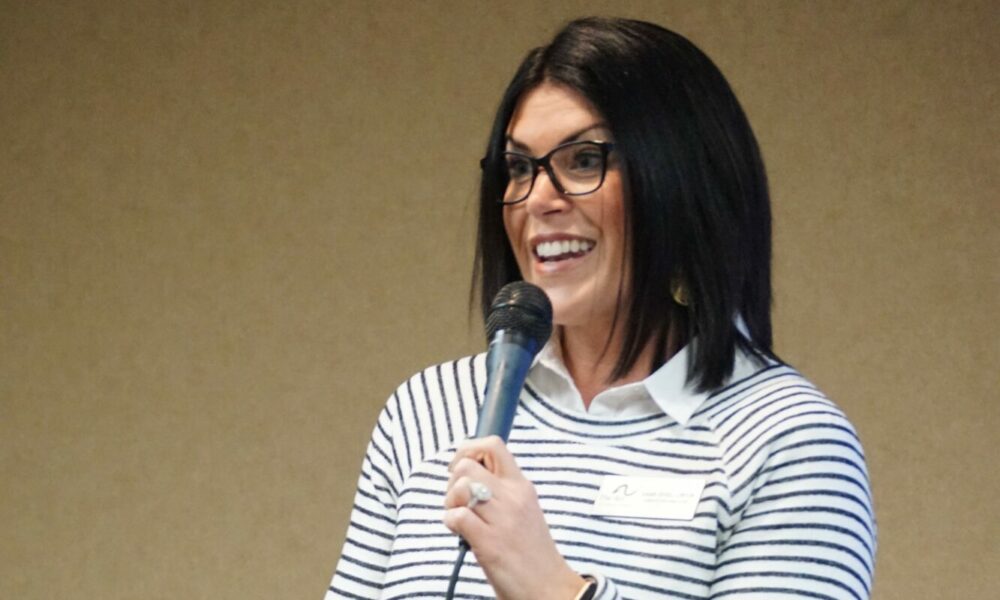

Today we’d like to introduce you to Leah Ortiz.
Hi Leah, so excited to have you with us today. What can you tell us about your story?
Graduating high school, I knew that I wanted to be a Police Officer. I enrolled in college, became a cadet at the local police department, and was a member of the U.S. Army Reserves, Military Police. Then- 9/11/01. I was deployed after September 11th as a Reservist; however, after my time on active duty, I decided to stay in Texas, which was where our military police unit was attached to. Then, I did, in fact, become a police officer. Goal complete, right? I thought so until I received the call that changed everything. A fellow soldier committed suicide. He was not just a fellow soldier, but was one of my best friends; I had just spoke to him the night before- how could this be possible?
From then, I knew that I needed a change. I needed to help. I returned to school and received my master’s degree in Social Work, and became a licensed therapist. I worked as a therapist and leader of programs in my community for several years while volunteering for several organizations. I was quickly deemed the person, “Stop her before she volunteers again.” I felt that my purpose was to give my time, energy, and efforts to others. And let me share, I never entered the world of social work expecting to lead others; I simply wanted to be a case manager or therapist- that is it. But I had a mentor that saw more in me than I saw in myself. She encouraged me to take on more leadership roles, more change…
Then, seven years ago, I was recruited to lead a nonprofit organization in peril. The Arc of Calhoun County’s Board needed a new leader that was not afraid of change and could organize chaos. Well, those two things happened to be things that I excelled in.
When I started at The Arc, a nonprofit that serves individuals with intellectual and developmental disabilities (IDD), the organizational budget was around $90,000- today, we are an organization valued at $1.8 million dollars. This was all in part to embracing change and wrangling the chaos.
We at The Arc serve as advocates for a population of people who are stigmatized based upon a label of disability. People with IDD are often left out of conversations and thought to have no capacity. So, I tap into the ability not only to embrace change but create change, as well as creating attention around the problematic beliefs about people with IDD.
But I thought- my voice is not loud enough. And trust me, anyone that knows me will tell you that I am loud.
That is when I decided that I would apply to Law School.
I will graduate Law School in May 2023.
In my additional spare time, I serve on our local school district’s Board of Education; I am a member of several other community boards and committees. I have three children; Taryn, Emerson, and Corbin. Three dogs; Ruben, Lamont, and Marcus. And my husband, Pepe’, who I call my wise-mind. He is the person who encourages me to dive into change- embracing it, creating it, and at times- drowning in it.
Alright, so let’s dig a little deeper into the story – has it been an easy path overall, and if not, what were the challenges you’ve had to overcome?
Smooth road? No, is there ever a smooth path? Usually, there are always dips in the pavement or a large stone on the path. My journey, like many others, was not easy. The path The Arc has been on has not been the easiest.
In a world of nonprofits, specifically advocacy nonprofits, it can be difficult for funders or donors to feel your purpose, your mission, especially when it is a disability advocacy nonprofit.
We do not offer tangible goods- no food, no clothes, we do not build things in the community- no houses, no ramps. So, when folks think of helping, generally they either give (donate) items to nonprofits that appeal to them, or they donate their time by volunteering and even donate money for nonprofits to use to buy the items that are not donated, for example.
We are the intangible; we are the feeling of independence; we are the uplifters of action, we are the civil rights restorers. We help people see things differently, we encourage and train, we motivate and inspire. These are not goods that can be donated, and funders, if they cannot be provided a # for a specific outcome- we do not get the funds we need.
Another challenge on our path are those funders or donors that feel unconnected to our mission. Perhaps they do not have a child with a disability, or they do not know a person that is close to them that it impacts; many times, these are the people we need support from, but it is lacking. Support for inclusion is not a priority for everyone.
Thanks for sharing that. So, maybe next you can tell us a bit more about your work?
I believe my introduction was quite revealing to much of what I do. Error! Filename not specified. Specialty-wise, I would say that my background has provided me a unique set of skills, qualifications, and experience. From military experience, I was a combat military police officer. To the civilian police officer experience, launching into Social Work, where I worked with children on probation, families in crisis, to the emergency department, where I did psychiatric evaluations, all the way to The Arc.
At The Arc, I work in all the schools, from pre-K to completion, specializing in Special Education. I also provide counseling to parents and caregivers who are considering securing a guardianship for their adult children. There are many myths around this topic, and I am pleased to say that 90% of the individuals I speak to do not pursue guardianship, which removes the civil rights of individuals with developmental disabilities.
The unique position of the level of experience I have has transferred to how we have initiated training with law enforcement. People with disabilities are the largest minority group that law enforcement interacts with. Equipping law enforcement with skills and tools on how- not only to protect themselves and the community, but also those that they interact with.
Reducing use of force situations that often escalate quickly when a person with an intellectual or developmental disability is not familiar with law enforcement and vice versa; law enforcement are not familiar with the intricacies of specific disabilities.
Officers have welcomed my trainings because of my credibility.
Credibility is huge when talking to people. Officers do not want to hear from a social worker saying to hug everyone; they want actual tools that will help them in the field. They want a person that has been in their shoes and can relate to them.
So maybe we end on discussing what matters most to you and why?
What matters most is how my kids see me show up.
I want my kids to see a woman can be a force. She can be a leader. She can be a voice. She can be powerful. She can be ALL. THE. THINGS. I also want them to see that they can be vulnerable and even break at times…that it is okay to lean on others in times of need and knowing that there will be times when leaning on others will be a necessity.
I want my kids to see that they do not have to sit on a single thing- a single opportunity. They can do all the things! I want them to know that they can be experts in many things.
I want them to know that a woman’s place is not (only) in the home, but in the community. I want my kids to see who I show up as. I want my kids to see that standing up for things and people you believe in is okay, even when it feels hard. I want my kids to see compromise. I want my kids to see the hard times too. The hard times are when we learn… the grit, the grace…and the leaning-in. I want my kids to see my bravery. Practicing their own bravery as they witness my work and involvement in the community.
My kids will see beyond gender roles and stereotypes. My kids will know that life is how you make it and who you make it with…the rest is how you share it with others.
What I do, what I say, how I show up is seen by my kids.
What matters… is showing up.
Contact Info:
- Website: https://thearccalhoun.org/
- Facebook: https://www.facebook.com/TheArcOfCalhounCounty/?ref=hl
